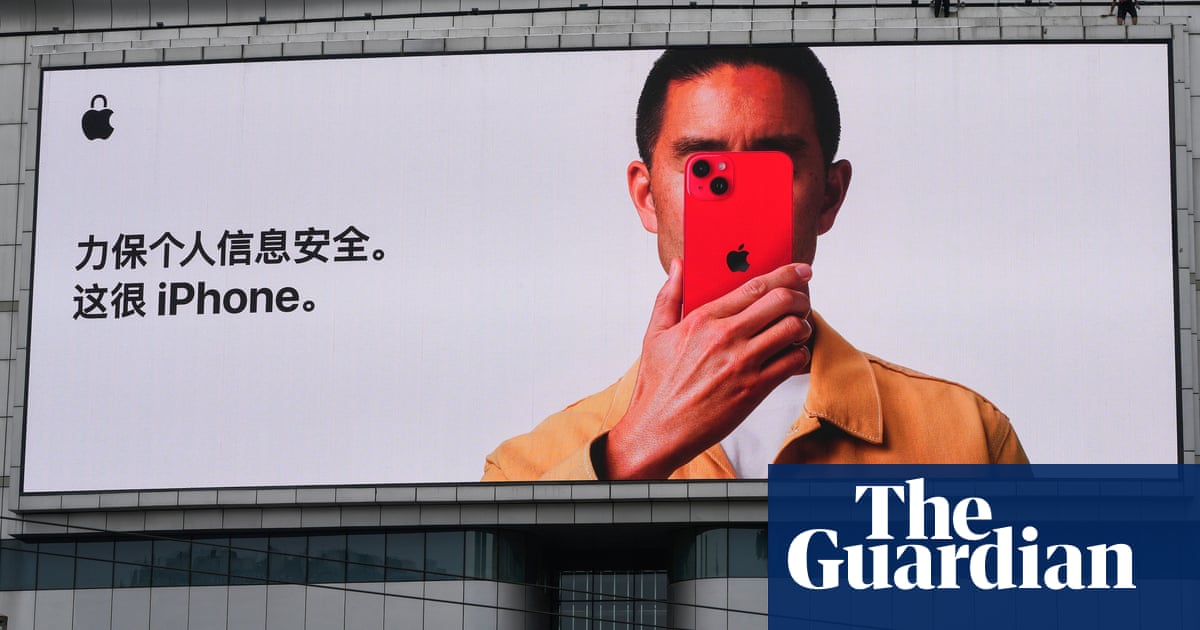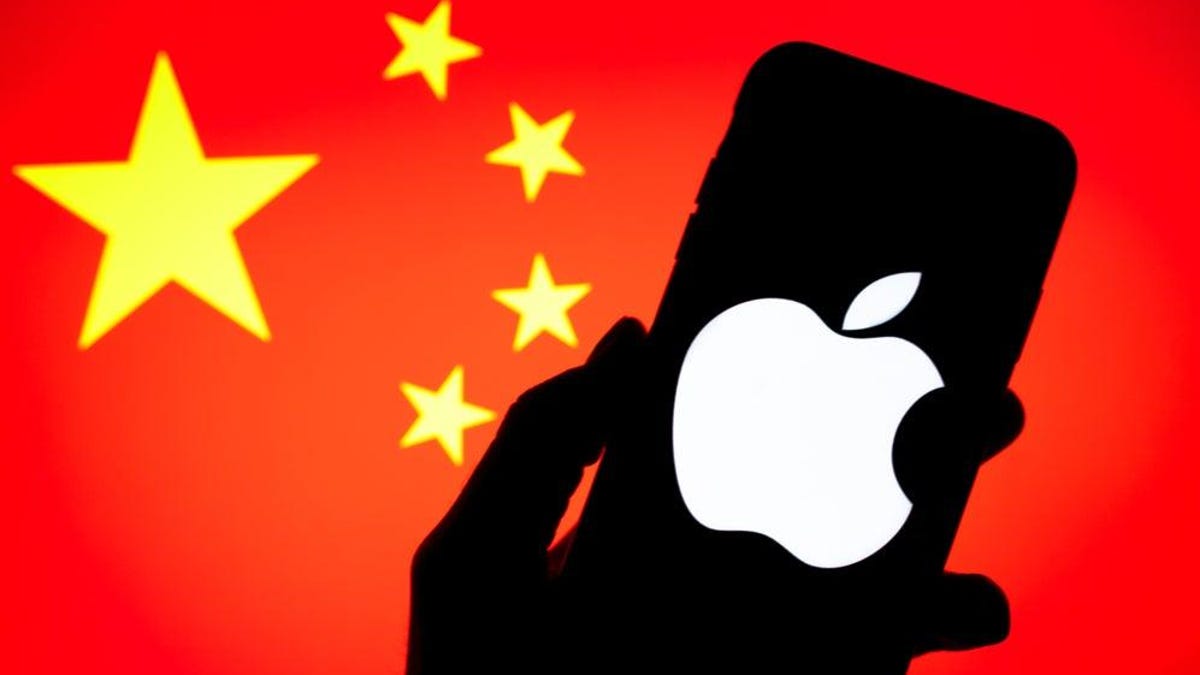China has given orders to its government officials, forbidding the use of Apple iPhones and other foreign-branded devices for official work. This new turn of events, revealed by The Wall Street Journal and other media sources, reveals insight into China’s developing way to deal with technology and data security, as well as its efforts to promote domestic brands.

Also Read: iPhone 15: Apple Announces September 12 Launch Event
China’s government has actively instructed its officials at central government agencies not to use Apple iPhones for their official duties. Additionally, officials have been told not to bring these devices to their offices.
While the exact scale of this ban remains unclear, it has raised concerns about its potential impact on Apple’s operations in China, one of the company’s most significant markets.
Apple’s presence in China has been instrumental to its worldwide success. The organization produces roughly one-fifth of its income from the Chinese market.
With the imminent launch of the iPhone 15 series, any actions that hinder iPhone sales in China could have far-reaching consequences for Apple’s financial performance.
This move can likewise be seen as a component of China’s more extensive procedure to support the utilization of homegrown technology brands. The prohibition on iPhones for government officials lines up with China’s efforts to promote homegrown companies like Huawei, which has faced challenges stemming from U.S. restrictions.
Also Read: Adobe co-founder John Warnock Dies at 82
The recent launch of Huawei’s Mate 60 Pro, featuring an advanced 7nm chipset, highlights China’s aspirations for tech self-sufficiency.
The limitations forced by both the U.S. and China on one another’s technology products raise concerns about the global tech landscape.
As trade tensions persist and governments enact bans on foreign tech, there is a growing risk of isolated markets and disrupted supply chains, impacting both consumers and the industry at large.
China’s prohibition on iPhones for government authorities may not be an isolated incident but part of a broader trend in which nations seek to reduce their reliance on foreign technology.
This trend could potentially lead to a splintered global tech ecosystem, with separate technology standards and incompatible devices in different regions.
Also Read: Russia’s Luna-25 Spacecraft Crashes into Moon
Apple has not officially responded to China’s ban on iPhones for government officials. The company’s response to this development and its potential strategies for navigating the Chinese market will be closely watched by investors, analysts, and consumers alike.
China’s activities are not happening in disengagement. They should be grasped inside the setting of a bigger international battle for tech strength.
Both the U.S. also, China have executed limitations and restrictions on one another’s tech organizations and products, impacting industries beyond smartphones, including telecommunications, social media, and semiconductor manufacturing.
Data security and privacy are central worries in the tech battle between countries. The fear of foreign governments accessing sensitive data has prompted countries to scrutinize and restrict the use of foreign-made tech products.
As governments grapple with the balance between security and innovation, the tech industry faces the challenge of adapting to rapidly changing regulations and market dynamics.
Also Read: Huawei Mate 60 Pro Launched: Price and Full Specs


/cloudfront-us-east-2.images.arcpublishing.com/reuters/4LGFERGCNNLV7GPROGCUPPPQUA.jpg)



















